(ThyBlackMan.com) Why should we celebrate the bombs bursting in air, when the nation had already declared war on us?
On July 4, 1776, when the United States of America gained its independence from Great Britain, Africans in America were still in slavery. The nation talked about independence, but there was none for the African.
The major celebrated events which led up to the bloody battle between the former colonies and the former mother nation have been drilled into our heads in school, but they should mean as little to us now as they must have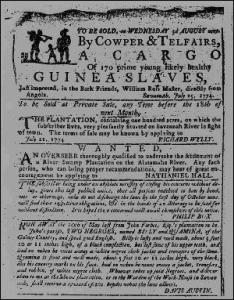 meant to us then.
meant to us then.
Why should the African in America give one hot damn about the Boston Tea Party, when we enjoyed no more freedom than the very tea dumped into the Boston Harbor at the time?
Why should we celebrate the bombs bursting in air, when the nation had already declared war on us?
Why should we celebrate the Midnight Ride of Paul Revere, when we were making midnight rides for our own freedom?
And, why should we hold any endearment to the 4th of July when it took another hundred years for the new nation to abolish its peculiar institution?
Frederick Douglass, a former slave turned Abolitionist Movement leader, perhaps the most recognizable African in America during the Civil War era, asked America the very same question in 1852 in a speech entitled “What to the Slave Is The 4th of July?”
But first, some of you may ask: Who to America was Frederick Douglass, that he was invited to make an Independence Day Speech on July 5, 1852 in Rochester, New York?
It is important to highlight the fact that Douglass was a leader in the Abolitionist Movement, because modern history books mention his activities or the activities of Harriet Tubman and the Underground Railroad in passing. Abolitionists were painted as largely benevolent whites who stole frightened darkies away in the night.
It is important to celebrate Frederick Douglass because of what he represented and what the righteous historians revealed to us, which is that many of Douglass’ anti-slavery speeches were delivered to conventions of Blacks—free and enslaved alike.
Douglass’ weekly newspaper, The North Star (founded in 1847) was a crucial anti-slavery instrument and Douglass’ position as a “Station Master” of the Rochester, New York terminal of the Underground Railroad must be underscored, because these activities took place as early as 1851.
In 1858, the Freedom Fighter John Brown was given quarters for safety and secrecy in Douglass’ home, while planning one of the few slave revolts documented by mainstream American history—the Raid on Harper’s Ferry.
Yes, while America had begun celebrating “Independence Day” on the 4th of July, Africans in America were still fighting for their independence from the most brutal form of slavery in the history of man.
While America was fighting against itself to remain a sovereign nation, Douglass was speaking out against slavery in England, Scotland and Ireland.
Frederick Douglass understood that the African in America would be crucial to the war to mend the nation and urged the Union to use Black Troops in 1861—before the abolition of slavery, before the Emancipation Proclamation was issued and before the 13th Amendment to the Constitution was made. In addition to becoming a recruiter for the Army, Douglass’ own sons, Lewis and Charles Douglass joined and Frederick Douglass, Jr. became an Army recruiter.
Recognizing the promise of the Union to deliver freedom for Blacks in all of its states, some 180,000 Africans in America served in the Civil War, fighting against the Confederacy.
Next Week: Frederick Douglass Speaks
Staff Writer; Darryl James
One can connect with this brother via D.L. James. Also follow him on twitter; DarrylLJ.
Feel free to also purchase his newly released book which is entitled; The Whirlwind or The Storm, LA Riots Perspectives
















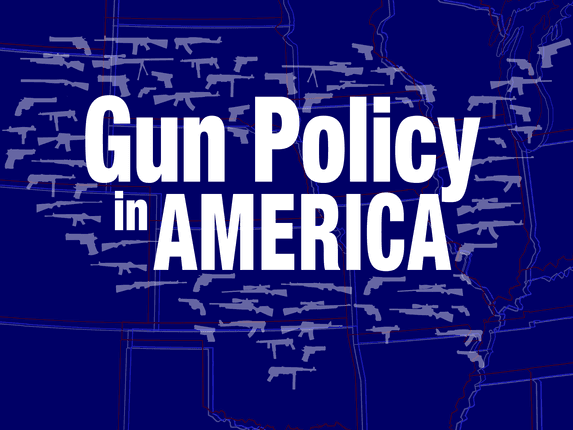
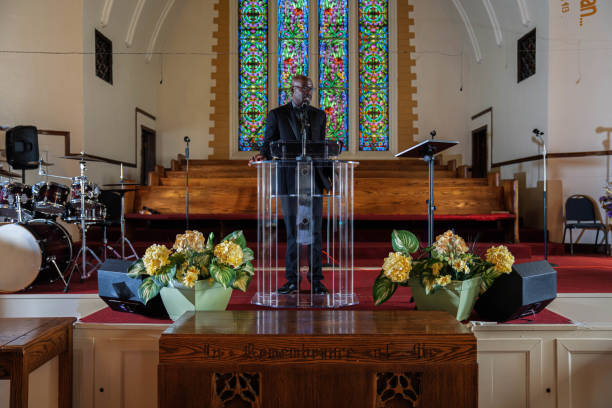
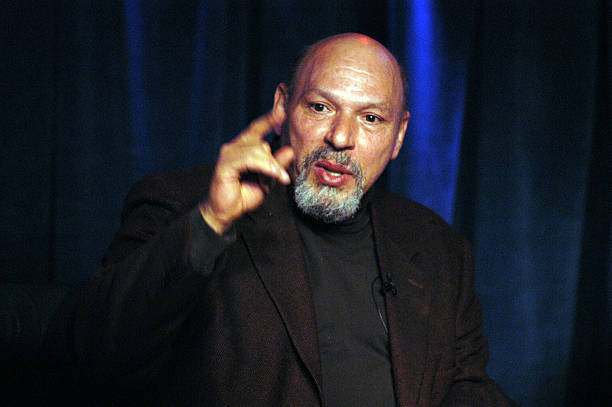
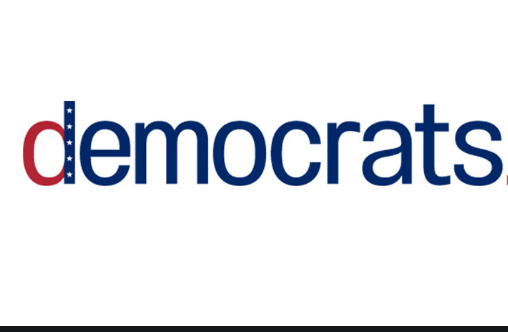
I came accross the website by accident.On a recent visit to Daniel O’Connell “The Liberators” tomb in Dublin Ireland the guide mentioned Frederick Douglass Irish visit as the guest of O’Connell.
Putting it in context, the two were peers looking for rights for their respective peoples and Douglass was very well recieved in Ireland .
O’Connell refused to travel to the US as a protest against slavery.